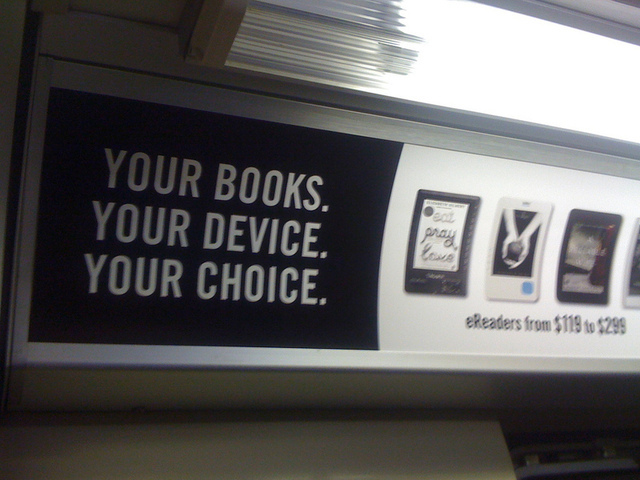
For the fifth time since the Digital Millennium Copyright Act (DMCA) was passed in 1998, the Library of Congress is preparing to grant limited rights to crack DRM locks on digital content. Not that it matters much; despite an increased willingness at the Library to grant such permission, the actual tools most people need to bypass DRM remain forbidden. Even if you want to take advantage of your rights under the law, you'll probably break the law to do so.
The DMCA made it illegal to bypass most DRM and to "traffic" in the tools to help do so. But to ensure that DRM couldn't be abused too badly, the law also granted the Library of Congress the right to grant exemptions every three years. The Library couldn't make DRM-cracking tools legal, though, and it also couldn't make the exemptions permanent. Every three years they would reset, giving major music labels, movie studios, and even Apple the chance to quash them.
The last time around, in 2010, the Library got a little frisky and passed six exemptions. One was even quite wide-ranging:
(1) Motion pictures on DVDs that are lawfully made and acquired and that are protected by the Content Scrambling System when circumvention is accomplished solely in order to accomplish the incorporation of short portions of motion pictures into new works for the purpose of criticism or comment, and where the person engaging in circumvention believes and has reasonable grounds for believing that circumvention is necessary to fulfill the purpose of the use in the following instances:
(i) Educational uses by college and university professors and by college and university film and media studies students; (ii) Documentary filmmaking; (iii) Noncommercial videos.
Ripping DVDs to make your own YouTube mashup was suddenly legal, if you could figure out how to bypass the CSS encryption. In addition, the Library allowed the jailbreaking of a user's smartphone over Apple's objections. The other four exemptions were fairly niche, including "computer programs protected by dongles that prevent access due to malfunction or damage and which are obsolete."
The Library recently launched its fifth such rulemaking, meaning that all of these hard-won exemptions will have to be argued from scratch once more or they will disappear by default. And backers can't just count on showing up with the same evidence; the Library warns that "the facts and argument that supported an exemption during any given 3-year period may be insufficient within the content of the marketplace in a different 3-year period."
Movie studios have been particularly vociferous in this process, arguing for years that films existed on VHS and so DVD encryption didn't need to be bypassed in order to gain access to film clips for fair use purposes. As VHS faded away almost completely, they switched to arguing that users can simply videotape the desired clips off a TV screen. At the last set of hearings, the studios also trotted out "a DVD player that was alleged to meet the pedagogical needs of educators." Listening to the cries of horrified film studies professors, however, the Library granted an exemption.
The narrow exemptions and the three-year expiration led the Electronic Frontier Foundation (EFF) to boycott the whole process back in 2005, though the group later returned to push the jailbreaking exemption. With the fifth triennial rulemaking now underway, all the old arguments will get another hearing—and critics of the process can again point out how little it all matters.
Listing image by Photograph by Robert Dumas
reader comments
61